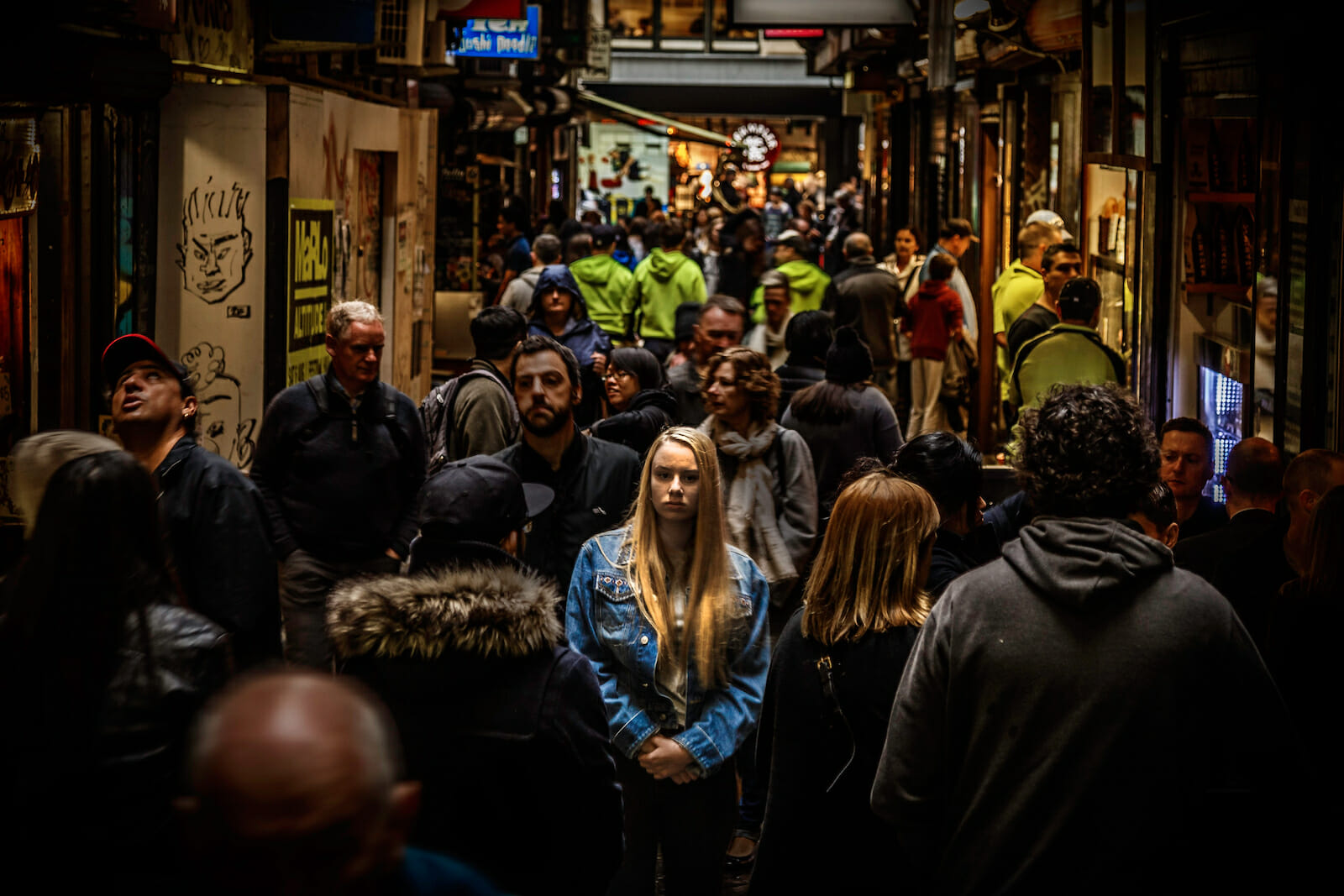
Politics
Why Working-Class America Doesn’t Really Care About Politics
Hop on any social media thread among the elite, and you’ll likely witness at least one flame war between right-wing and left-wing factions. But when you observe the feeds of those who work for a living, you’ll likely see cat photos, baby photos, recognition of new jobs and deaths — and not much else. Why do working-class Americans care so little about the government that influences their daily lives?
Many Americans, exhausted from rushing from job number one to job number two or even four, lack the energy to actively participate in political discourse.
They even lack sufficient juice to tune into the news at the end of the day. If they pay for cable at all, they want to tune into their favorite sitcom and relax, not contemplate the forces shaping society. Is an overworked and underpaid populace truly to blame for the lack of political involvement most U.S. citizens exhibit?
Is it true that Americans simply don’t care about politics?
Many people think Americans simply don’t care about politics. Foreigners observe the U.S. system and think citizens must all passively lie about eating cheesy poofs, doing nothing to effect real change. Most often, however, they’re sleeping off the effects of what lack of rest is doing to their bodies and souls.
Among Americans who do enjoy paid vacation days, fewer than half take all the time they’ve earned. Many gig-economy workers haven’t known what a vacation is for a decade or more. If independent contractors fail to work, they don’t get paid. In theory, working for groups like Lyft gives contractors the freedom to select their own hours. In actuality, if they’re not driving passengers in their personal vehicles, they’re not making rent that month.
Compare this to comrades in France. Per statute, every French worker gets five weeks of paid vacation time each year. While they do need to spend a full annum with their employer to earn this privilege, the fact remains that European brothers and sisters enjoy far more paid leave — and better health as a result.
Speaking of health, the governmental failure to ensure minimal medical coverage for all citizens hinders upward mobility for millions of gig-economy workers. Because the American health care system demands workers and employers foot the bill for health insurance coverage, many find that they must keep their incomes low in order to qualify for affordable care.
Lack of universal care perpetuates the cycle of poverty, as workers who take on additional roles to bolster their earnings risk paying more for coverage — essentially making their income decrease even as it rises on their annual 1040 return.
The American insistence on boot-strapping and the effects.
In America, people put a premium on bootstrapping. They idolize the “self-made” billionaire while paying little heed to the engineers who design his private jets, the asphalt technicians who lay the road his delivery trucks drive upon and the warehouse workers who fill his boxes.
However, research indicates that those same workers distrust corporate America with the same passion they reserve for mainstream politicians. Why? Many report feeling betrayed by the very people they work for. Among working-class Americans, many feel their employers hold hands with government officials to keep wages and benefits low.
They may not believe incorrectly. Historians need only look as far back as the 1920s to discover a society with income inequality levels rivaling that of modern-day America. And after the roaring 1920s came the stock market crash that devastated U.S. middle-class society until the second Great War.
How to get the working class more involved.
To get working-class individuals interested in politics, leaders need to engage them with policies that impact their lives. Relatively few Americans, for example, agree that racism is in any way humane. However, policies like the failed War on Drugs perpetuate the myth that outlawing prima facie racism solves the problem.
To get more politically involved, people need time to do so. Making election day a federal holiday will accomplish much, but only if employers must foot the bill for workers to take time off. Otherwise, many gig-economy workers will report for business as usual, only to ignore their civic duty yet again in favor of earning enough money to buy dinner.
Workers, too, need to demand change. A general strike could go far in telling employers that those they’ve trampled on during their rise to success have feelings and needs too. Demanding a change to tax policy and making corporations pay their share could enable everyone else to receive the benefits their withholding dollars pay for by rights.
Increasing working-class involvement in politics.
Working-class people feel that politicians ignore their plight. From never reaching retirement to suffering chronic health ailments silently for decades, eligible American voters see few reasons to report to the ballot box.
By giving them something to vote for, not against, we can increase their involvement and improve society as a result.

